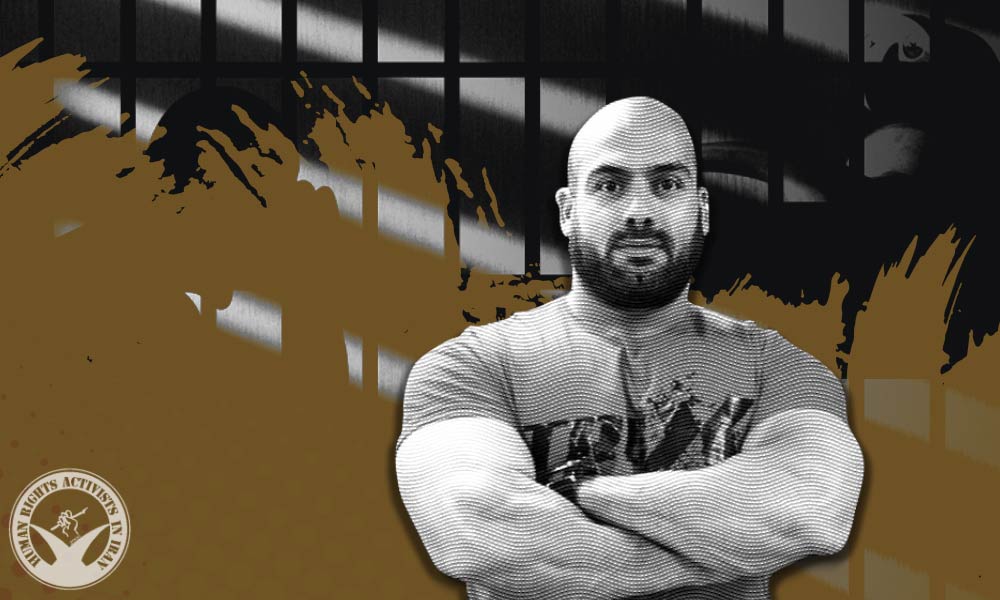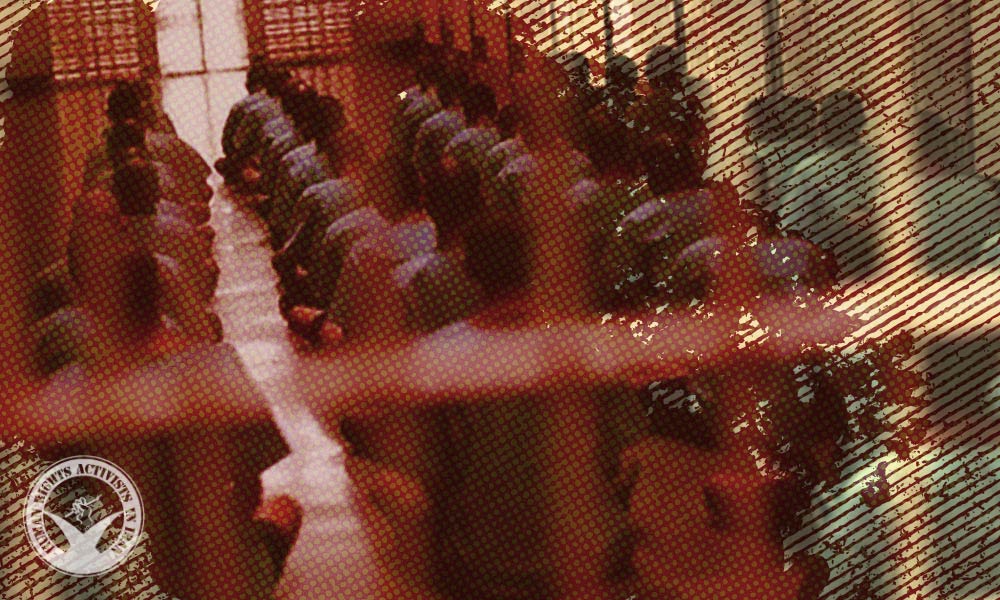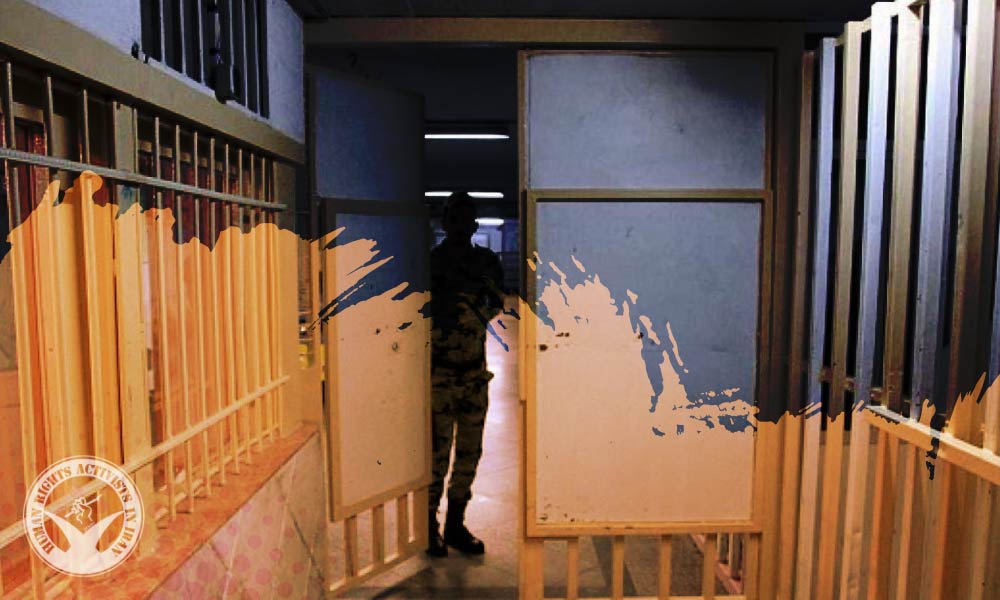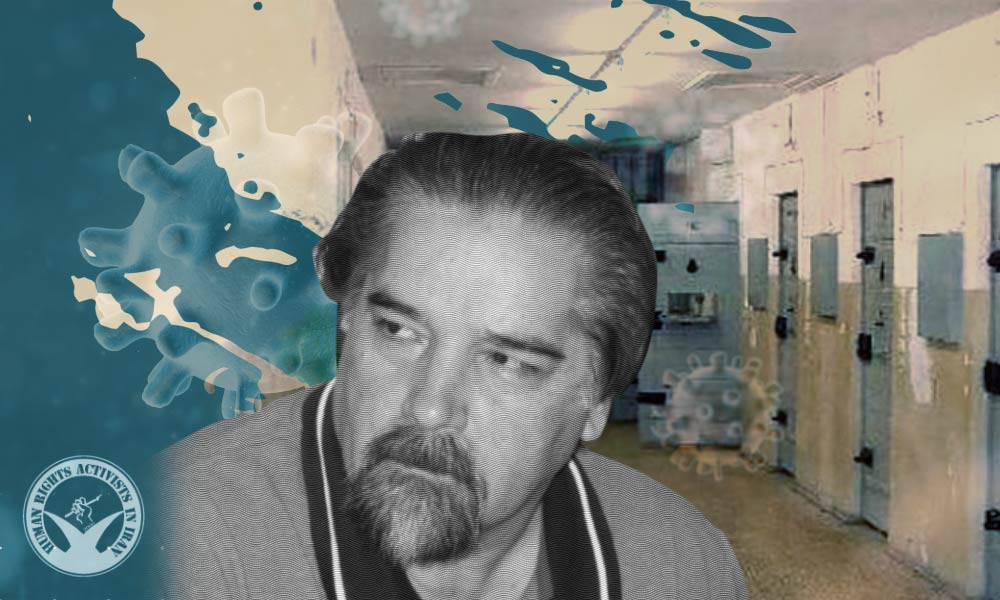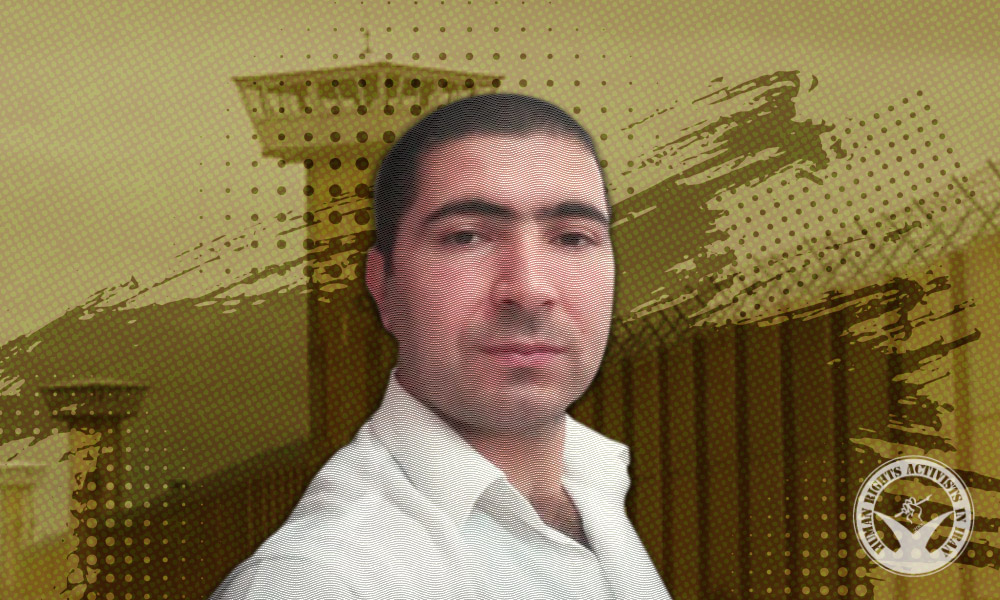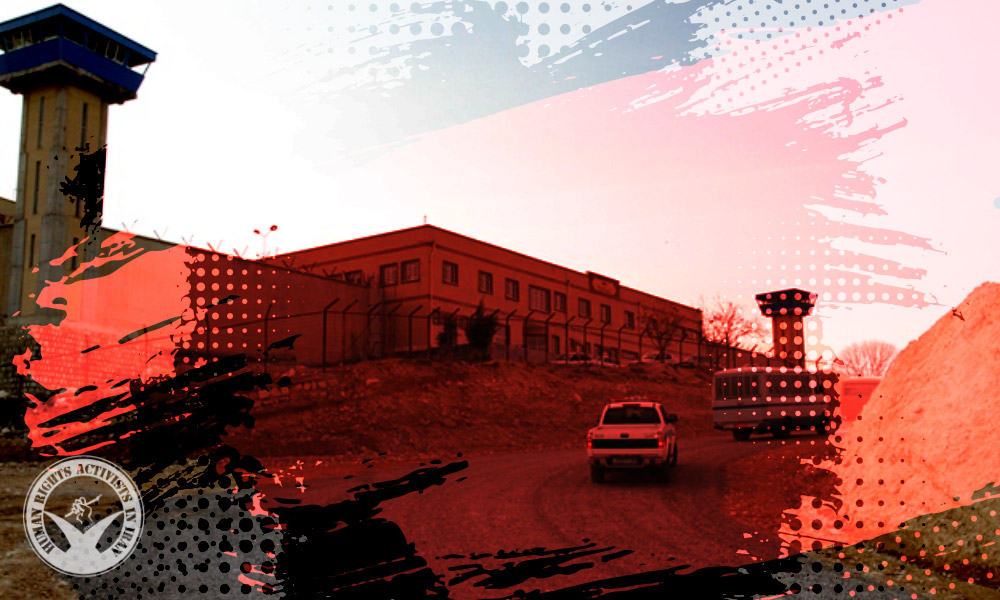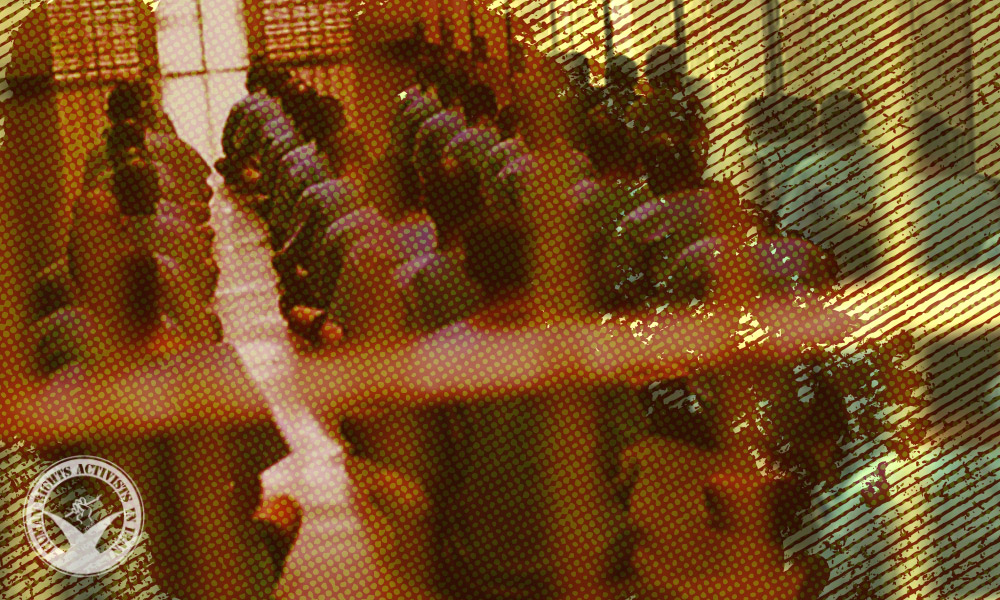Political prisoner Khaled Pirzadeh, who is exiled to Sheyban Prison, sewed his eyelids shut to protest refusal to release him on probation and furlough.
According to HRANA, the news agency of Human Rights Activists, judicial authorities did not keep their promise to grant him release on probation and furlough, prompting Pirzadeh to sew his eyelids in protest.
On August 23, 2021, Pirzadeh went on hunger strike to protest authorities’ refusal to release him on probation, the housing of political prisoners in the same ward as prisoners of violent crimes, and police officers’ brutal behavior towards family members during the delivery of an eviction order. Ultimately, he ended his hunger strike on November 14, 2021.
During the hunger strike, he developed extremely low blood pressure and blood sugar, backache and other physical problems.
On May 26, 2019, Pirzadeh was arrested violently by security forces and was sent to Evin Prison after interrogation. He was sentenced to 7 years in prison on the charges of “offensive statements against the supreme leader of Iran” and “assembly and collusion against the regime”. This sentence was confirmed in the Court of Appeals. According to Article 134 of the Islamic Penal Code, 5 years of this sentence for the charge of “collusion against the regime” is enforceable.
He was relocated to Greater Tehran Prison on July 22, 2020. Reportedly, at the time of transferring, he was beaten by prison guards. In August 2020, he had surgery on his foot. He needs additional treatment and surgery for his injured spine. On July 14, 2021, he was transferred from Greater Tehran Prison to exile in Sheyban Prison, Ahvaz and held him unlawfully in a ward that also houses prisoners of violent crimes.



